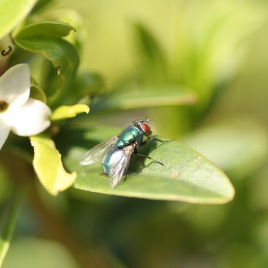
Survival rate of African penguins is decreasing, thanks to overfishing and anthropogenic climate change (Image by SANCCOB)
For hundreds of years, young African penguins came of age by travelling long distances to southern Angola and South Africa’s Western Cape in search of food. Certain signs, like lower sea surface temperatures and higher chlorophyll concentrations, have reliably led young penguins to areas abundant in anchovies and sardines. But recent changes in climate and human activity have disrupted the penguins’ entrenched lifestyle, leading them into “ecological traps” where food is scarce. Researchers used satellites to track newly fledged African penguins from eight sites across their breeding range. They found that penguins who are misled by formerly reliable signs often fail to survive, and their breeding numbers are about 50% lower than of those penguins who successfully find rich feeding waters. African waters formerly rich in fish have changed due to overfishing in Namibia and heavy localized fishing.
Authors:
Richard B. Sherley, Katrin Ludynia, Bruce M. Dyer, Tarron Lamont, Azwianewi B. Makhado, Jean-Paul Roux, Kylie L. Scales, Les G. Underhill, Stephen C. Votier
Corresponding author:
Richard Sherley, University of Exeter & University of Cape Town, Email: r.sherley@exeter.ac.uk; Tel: +44 753 833 3042
Original paper published in Current Biology on February 9, 2017.



